How Podcasting Validated My Self-centered Writing Style
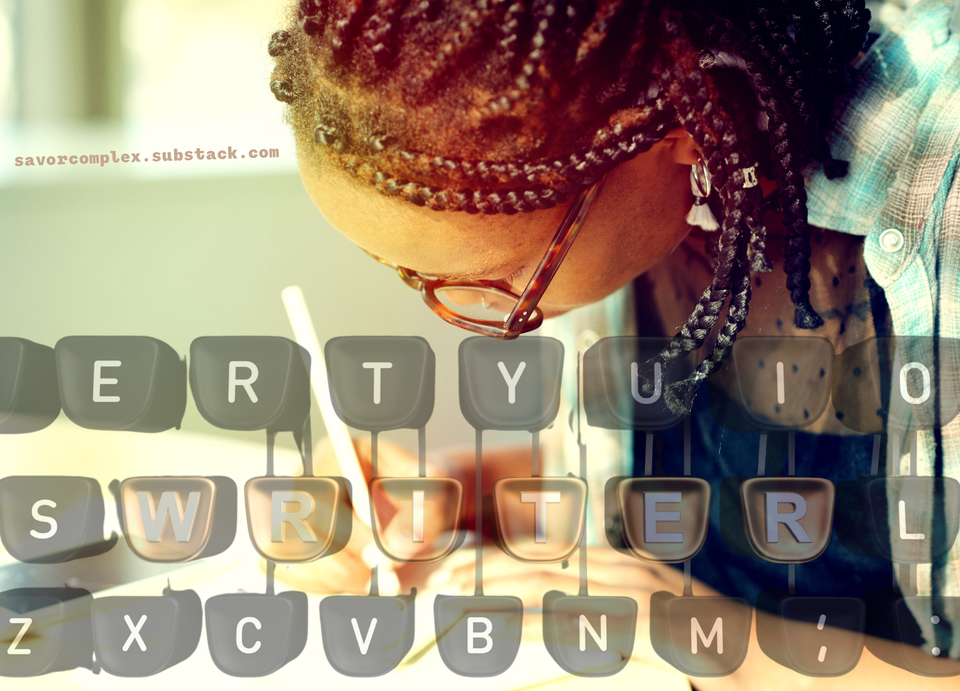
For some people, research is one of the first steps after deciding to write something other people will see. Different from writing in our own journals or directly to one person, public-facing writing is either supposed to be informative, entertaining, or relatable—right?
That’s certainly the schooling around that, and since, for most of us, public writing (in the form of graded school assignments) is our first big practice ground, it can be hard to shake off the idea of centering the reader (or the research) when writing.
How this shows up in my little world over here is that sometimes a sense of inappropriate self-centeredness gets in the way of something I want to write about in a public space.
- Is this relatable enough?
- Should this be more about the what (main points) and not the who (me)?
- This is probably too weird and me-specific to put “out there”
- How will I keep the reader’s attention?
- Nobody cares anyway, so…!
- Is this funny… relatable… well-thought out… enough yet?
Have you ever experienced that?
This is the shorter version of a longer reflection on writing, self-inquiry, and unschooling. For the fuller story, join my make-it-happen family on patreon.com/akilah.
As one who writes nonfiction tings about life design, personal leadership, and parenting, I’m often hard pressed to discern when to try to give people information, as in the results of something I've processed, as opposed to just sharing where I am in a process. Hosting a podcast that ended up having a ton of listeners who gave me direct feedback, has helped me tremendously in recovering from that, and putting down the bulk of that baggage set.
It's a part of why many people who have followed my writings over the years have repeatedly heard me say that essentially all I do is struggle out loud. And now as I move away from my eight year focused as an unschooling organizer over into this work of savoring my life and teaching savoring skills, I find that I am further detangling from the idea that I should be writing about something out there or writing from the processed space, as opposed to just deepening my intuitive work of just telling my own stories.
Podcasting life has helped me so very much, and not just from hearing myself talk, and getting more comfortable with my own stories. It was more about the responses from people who listened and told me what happened for them as a result of them hearing my stories just as they came out, no perfect scripting, lots of raw, real-time emotions, and certainly very little focus on things that I had already resolved.
What I learned from nine seasons and nearly 270 episodes, is that people need the work. And by work, I mean whatever it is that you're working on, or working through, or whatever’s working you.
Somebody needs it, just like you need it, and you don't have to do the work in hiding, and then bus’ out once you’ve conquered it. So, I’m wearing that wisdom as I feel through what it means to continue to lean into this one little nugget of whether I’m centering myself too much.
As I do that, the follow-up question I hear in my head is: Can I actually discern when I'm doing that? Like, is that something that I can do on my own? For me, most times the answer is Nah!, because it's kind of hard to check yourself.
It's impossible to be able to check yourself on everything (you wanna check me on that, don’t you?). I mean, for sure there are times where we can effectively check ourselves on certain things. But mostly, people need people, period!
And for me, talking and writing out loud is something that I do in community so that other people who want to, can give me feedback on whether/how my out-loud work works them.
People tell me some variation of, “I love that you told us that about yourself, and you couldn’t even imagine how much it felt like you were all up in my life, knowing what I was experiencing!” Or “you really put language to what I’ve been experiencing this whole time!”
A longtime listener of my podcast recently became a coaching client. She said something to me recently that actually prompted this post (thanks, KT!).
“Friends have said to me, “you kind of live out loud.” That's one of the many things that I learned from watching you model that. It's like you have so much information but I almost feel like this has been the thing for me. It’s how you struggle out loud, because then, I get to know—we, all of us who get to learn from you—get to know the inner workings of how the mind does all the little things from here to there, and what feelings come up. And people just don't do that! So, I'm just saying I just feel so grateful for you, and the way that you do struggle out. I just feel like this, this is what we all desire is to know—how other people are getting through this life” -KT
It was affirming to hear that, because I really be over here like, geez, I don't wanna center myself. But what I’m actually doing is just giving up on the idea of solo-solving all my shit, and all the world’s shit, by laying it out for people to use their own discernment and wisdom on whether to pick it up, and what to do with it if they do.
And when I lay it out, I don’t front like I have the answers. If I feel like I do, I say that. But mostly, I just struggle out loud using madd questions, the things I notice, and the things I know for sure about who I be. I'm continuing to learn the different levels of how to trust what I am, and what I am for.
I’m just a person who is very introspective. I've had to be me-centric because I lived in environments where, at times, the people who had power over me couldn't hold what I was, or wouldn’t, or didn’t, for whatever their reasons.
So I learned how to really hold myself and how to learn myself.
Doing so has supported my own evolution as a daughter, friend, partner, mother, writer. That’s one layer. And then doing so out loud supports other people in defining and supporting their own evolution in their roles and ways.
The more I embrace that, the more useful impact I have, and the more belonging and groundedness I experience.

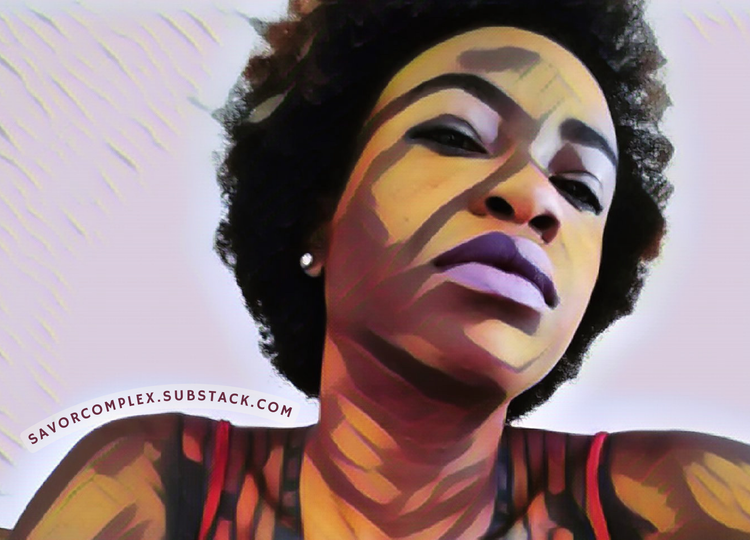
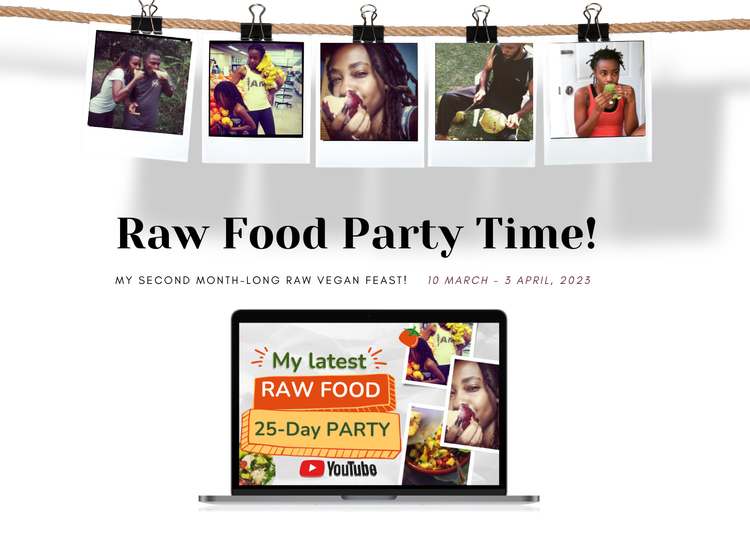
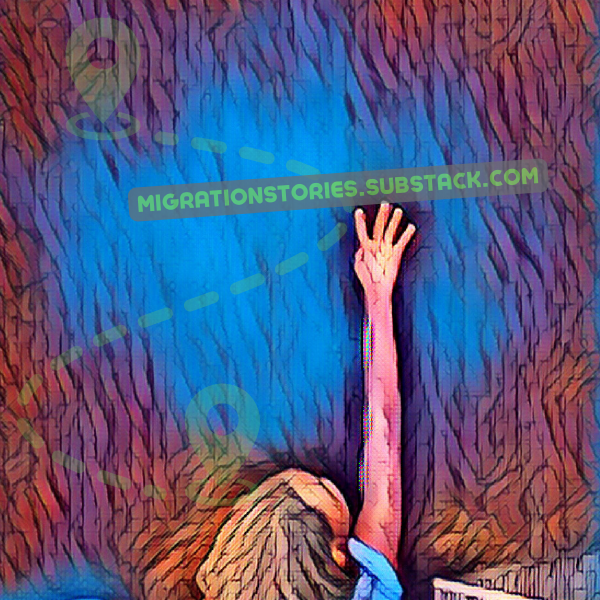
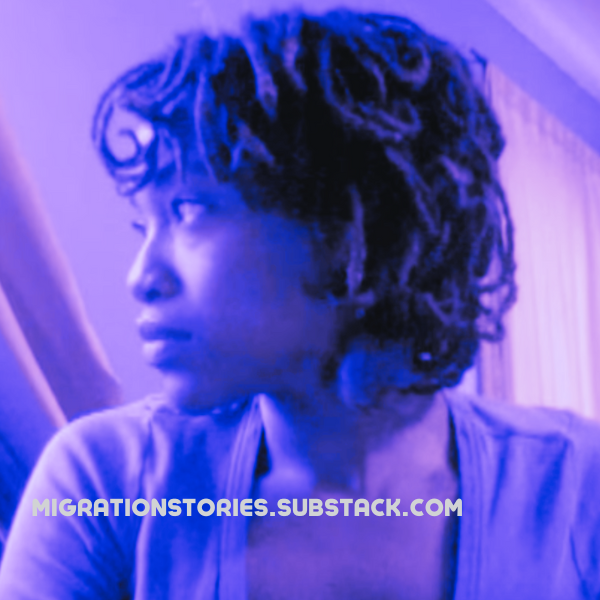
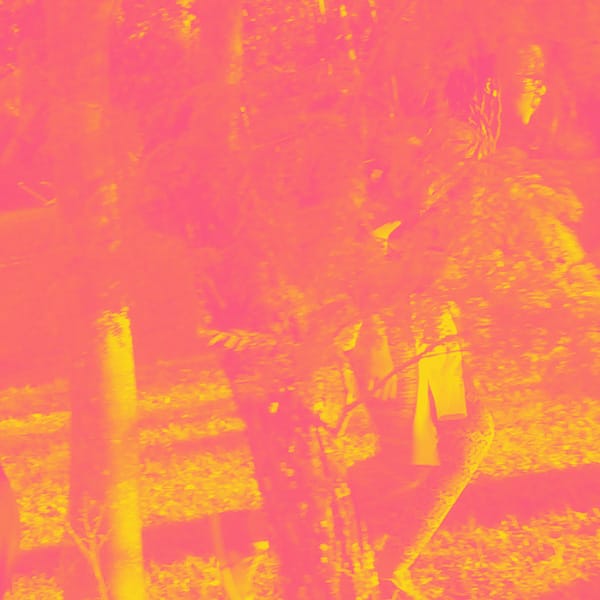
Member discussion